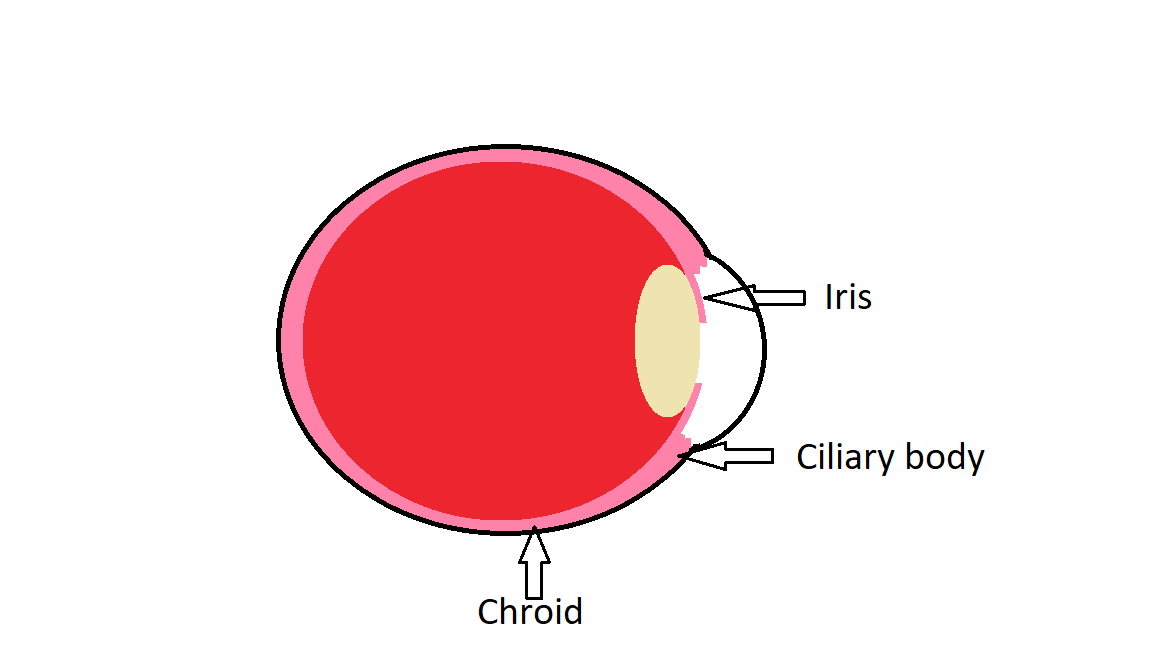Uveal melanoma classification
|
Uveal melanoma Microchapters |
|
Diagnosis |
|---|
|
Treatment |
|
Case Studies |
|
Uveal melanoma classification On the Web |
|
American Roentgen Ray Society Images of Uveal melanoma classification |
|
Risk calculators and risk factors for Uveal melanoma classification |
Editor-In-Chief: C. Michael Gibson, M.S., M.D. [1]Associate Editor(s)-in-Chief: Fahimeh Shojaei, M.D., Simrat Sarai, M.D. [2]
Overview
Uveal melanoma may be classified according to cell type into 5 subtypes: Spindle A, spindle B, epitheliolid, mixed, and necrotic. Uveal melanoma may also be classified according to its location into 2 types, anterior uveal melanoma which contain iris melanoma, and posterior uveal melanoma which contains ciliary bode melanoma and chroidal melanoma.
Classification
Uveal melanoma may be classified according to cell type into 5 subtypes: Spindle A, spindle B, epitheliolid, mixed, and necrotic.[1]
| Cell type | Explanation |
|---|---|
| Spindle A |
|
| Spindle B |
|
| Epithelioid |
|
| Mixed |
|
| Necrotic |
|
Uveal melanoma may also be classified according to its location into 2 types:
- Anterior uveal melanoma
- Iris melanoma
- Posterior uveal melanoma
- Ciliary body melanoma
- Chroidal melanoma

References
- ↑ McLean, Ian W.; Foster, Walter D.; Zimmerman, Lorenz E.; Gamel, John W. (1983). "Modifications of Callender's Classification of Uveal Melanoma at the Armed Forces Institute of Pathology". American Journal of Ophthalmology. 96 (4): 502–509. doi:10.1016/S0002-9394(14)77914-0. ISSN 0002-9394.